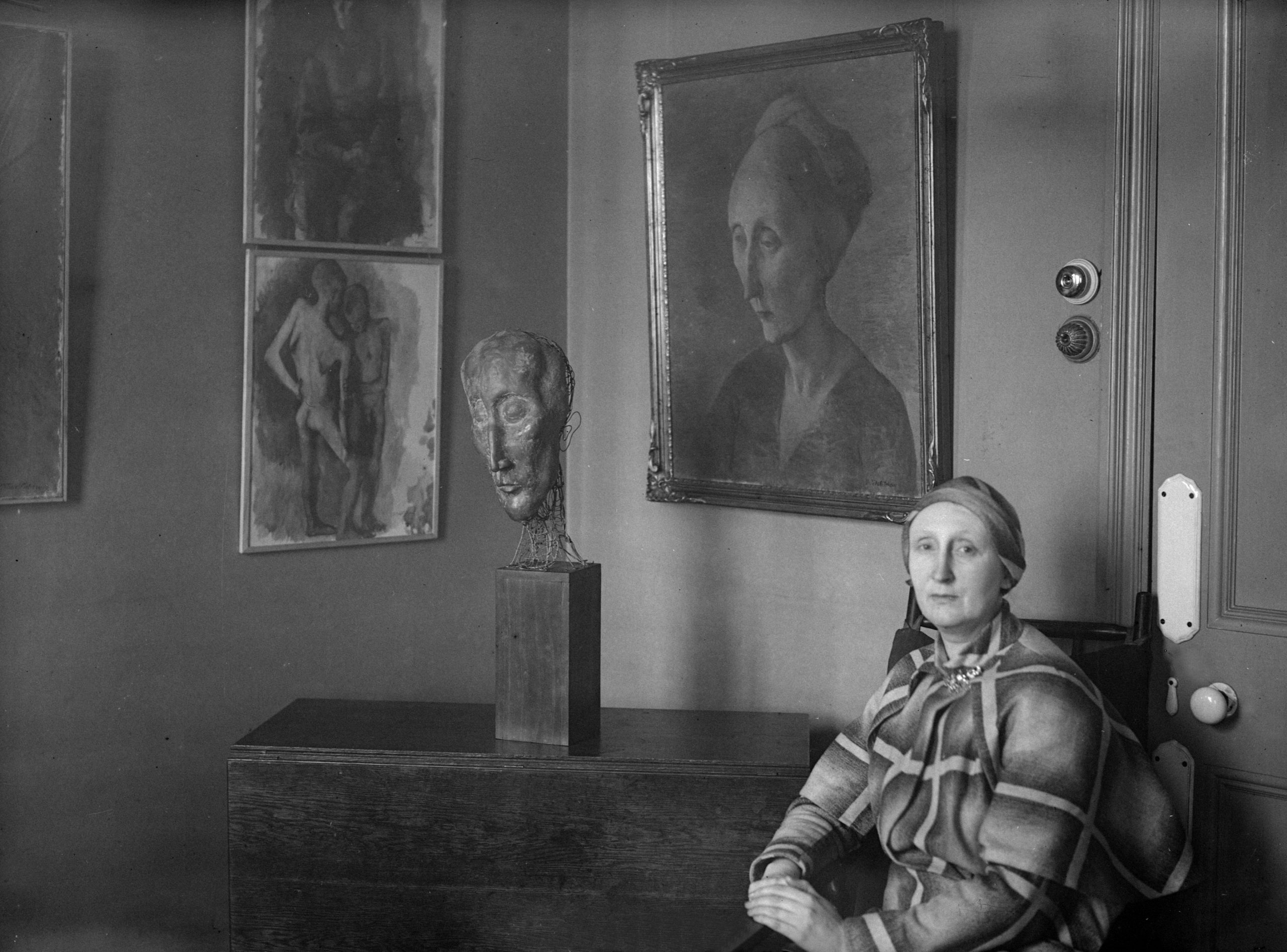
Ah, bliss. This is an eccentric play (17 March, 2.15pm), about the eccentric poet and personage Edith Sitwell, played by Glenda Jackson, travelling back to her Scarborough birthplace to confront her unloving parents, in the company of herself as a girl.
Much of it takes place in the bedroom of Sitwell’s mother, Ida, a renowned beauty and outrageous snob (“I thought a baronet was the lowest thing on Earth”), who did time for gambling debts and on occasion borrowed money from the servants. I think she even pawned her dentures, but maybe I misheard that. Anyway, the rest of the time she lived in the crenelated Renishaw Hall under “a shower of novels” (notes Edith), drugged up on “one pill to wipe out melancholy, one pill to summon sleep”. Vain Ida worried a great deal about her daughter’s unusual nose – Edith looked like Charles Hawtrey in a spangled Bloomsbury turban – which, along with the heinously middle-class threat of a university education (Edith fancied it), really got on Ida’s wick.
Meanwhile, Sitwell’s titled father busied himself writing unpublishable books such as A Short History of the Fork (how very now, actually). He talked incessantly about the Plantagenets as though they were a going concern. Jackson’s eternally single Edith negotiates them both in a crooning, scornful way, sometimes yelling “today there will be recognition and justice! The tempest rageth!”, then speaking with sadness about the hatpin cruelly used on her nose in an attempt to fix it.
Jackson is just so Jacksonian throughout: projecting fast-thinking and decisive intelligence, and a complete inability to suffer fools, while occasionally softening from that marvellous rebarbative haughtiness to utter romantic heroine. She has a way of starting off spiky and ending up soft that no other actress has done nearly as well, bar Bette Davis. Only, Jackson is never feigned and doesn’t lean on various little mannerisms. I know it’s a bit boring to wish she’d done (more) movies rather than politics, but I do. I miss her lack of pomposity, and her range, and her sheer power in a whole swathe of absent films.
Ah, well. We’ll always have Sunday Bloody Sunday!
Edith Sitwell in Scarborough
BBC Radio 4
This article appears in the 11 Mar 2020 issue of the New Statesman, How the world is closing down






